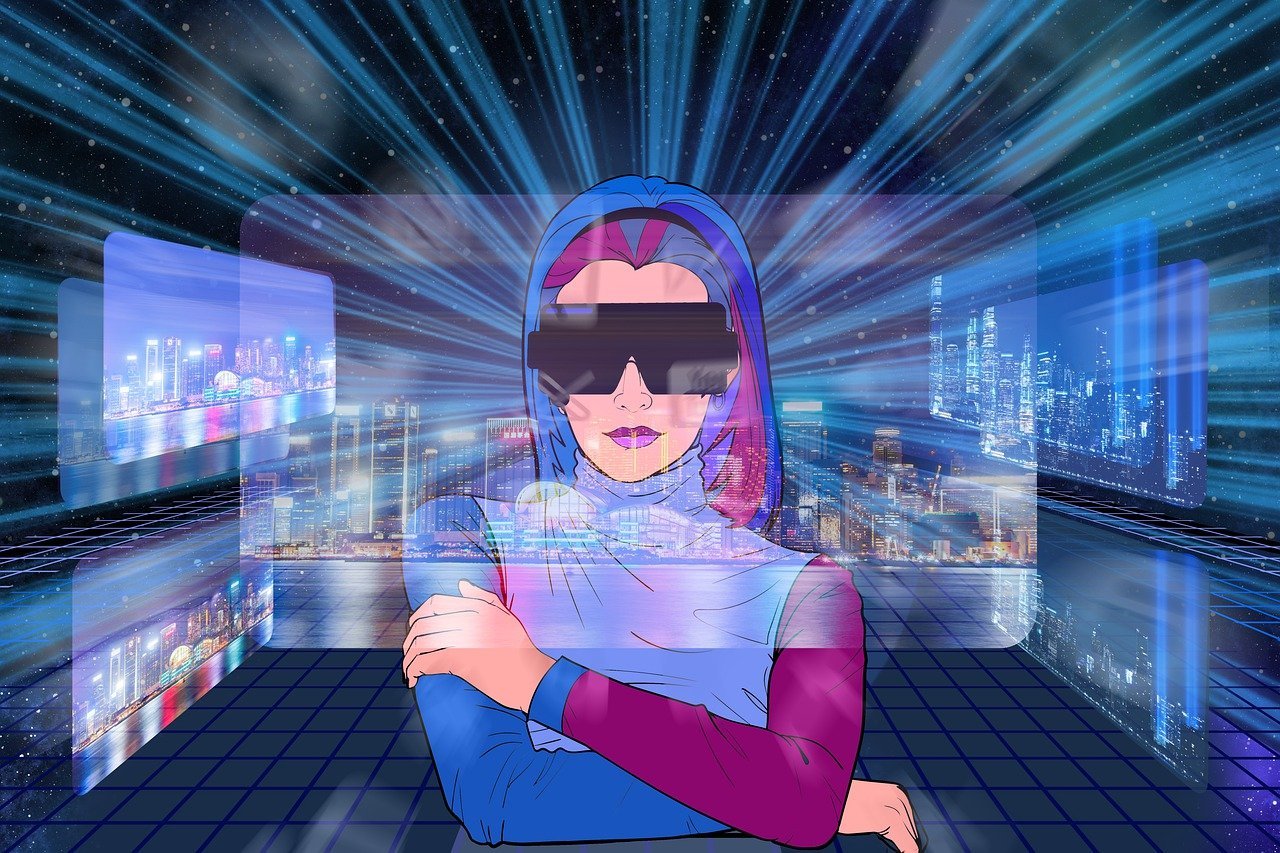Introduction:
In recent years, the concept of the metaverse has gained significant attention, offering a glimpse into a virtual world where people can connect, socialize, and engage in various activities. One of the most exciting applications of the metaverse is in the realm of gaming. In this blog post, we will delve into the world of metaverse game development and explore its potential, challenges, and impact on the future of gaming.
Understanding the Metaverse:
Before diving into metaverse game development, let’s first grasp the concept of the metaverse itself. The metaverse refers to a collective virtual shared space, combining the physical and digital realms, where users can interact with each other and digital content in real-time. It is an immersive and interconnected virtual universe that transcends individual games or platforms.
The Rise of Metaverse Games:
Metaverse games are virtual worlds within the metaverse, offering rich and interactive experiences for players. These games aim to provide a seamless and interconnected environment where players can explore, socialize, create, and compete. They go beyond traditional game boundaries, integrating various gameplay mechanics and genres to create an expansive and dynamic universe.
Game Development in the Metaverse:
Developing games for the metaverse poses unique challenges and opportunities for game developers. The metaverse requires a robust infrastructure, advanced networking capabilities, and sophisticated algorithms to handle the massive scale and interconnectivity. Game developers need to consider factors like scalability, cross-platform compatibility, and real-time interactions to create immersive metaverse experiences.
Building Immersive Worlds:
Metaverse game development involves creating expansive and immersive virtual worlds that captivate players. It requires a blend of technical expertise, creative design, and user-centered development. Developers need to focus on crafting rich environments, engaging narratives, and compelling gameplay mechanics that encourage exploration, social interaction, and player-driven content creation.
Social Interactions and Player Agency:
One of the defining aspects of metaverse games is the emphasis on social interactions and player agency. Players can connect with others, form communities, and collaborate on various in-game activities. Metaverse games empower players to shape the virtual world, contribute to its evolution, and create their own stories and experiences.
Monetization and Economy:
The metaverse presents new possibilities for monetization and in-game economies. Virtual assets, digital currencies, and user-generated content can fuel the economy within metaverse games. Developers can explore various models, such as microtransactions, virtual marketplaces, and player-driven economies, to sustain and enhance the gaming experience.
Challenges and Considerations:
Metaverse game development comes with its fair share of challenges. Technical complexities, ensuring a balance between user-generated content and curated experiences, and maintaining a safe and inclusive environment are some of the key considerations. Additionally, addressing privacy concerns, data security, and accessibility are vital for the long-term success of metaverse games.
Conclusion:
Metaverse game development opens up exciting possibilities for the future of gaming. It merges technology, creativity, and social interaction to create immersive virtual worlds where players can explore, connect, and shape their experiences. As the metaverse evolves, game developers will continue to push boundaries, creating innovative and engaging experiences that redefine the way we play and interact in virtual spaces.


